
What Does China Think?
Published by Public Affairs, a subsidiary of Perseus LLC
ISBN: 9781586484842
Pages: 176
Read or listen offline
Amazon KindleRecommendation
Mark Leonard’s desultory ramble through China’s intellectual landscape introduces that country’s most influential economic, political, diplomatic and military thinkers. In a market nearly saturated with books that do little more than echo each other’s amazed exclamations at China’s rapid economic development, getAbstract considers this a refreshing change. The book does not offer in-depth analysis of the ideas it presents, nor does it assess their merits and demerits in any detail. It merely introduces a few very prominent Chinese intellectuals and offers a brief summary of their ideas. The book’s chief value is that it acknowledges the breadth of the diversity of thought within China, and spotlights the conflicts and tensions that are shaping its development.
Summary
About the Author
Mark Leonard is executive director of the European Council on Foreign Relations and director of the Foreign Policy Centre. He wrote Why Europe Will Run the 21st Century.








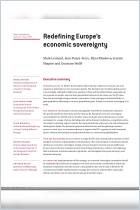
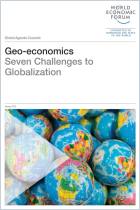
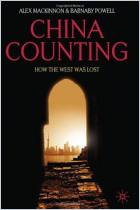
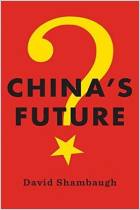
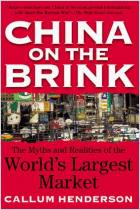
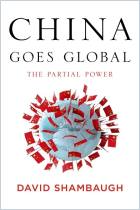
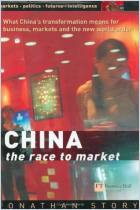
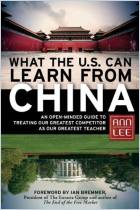



Comment on this summary